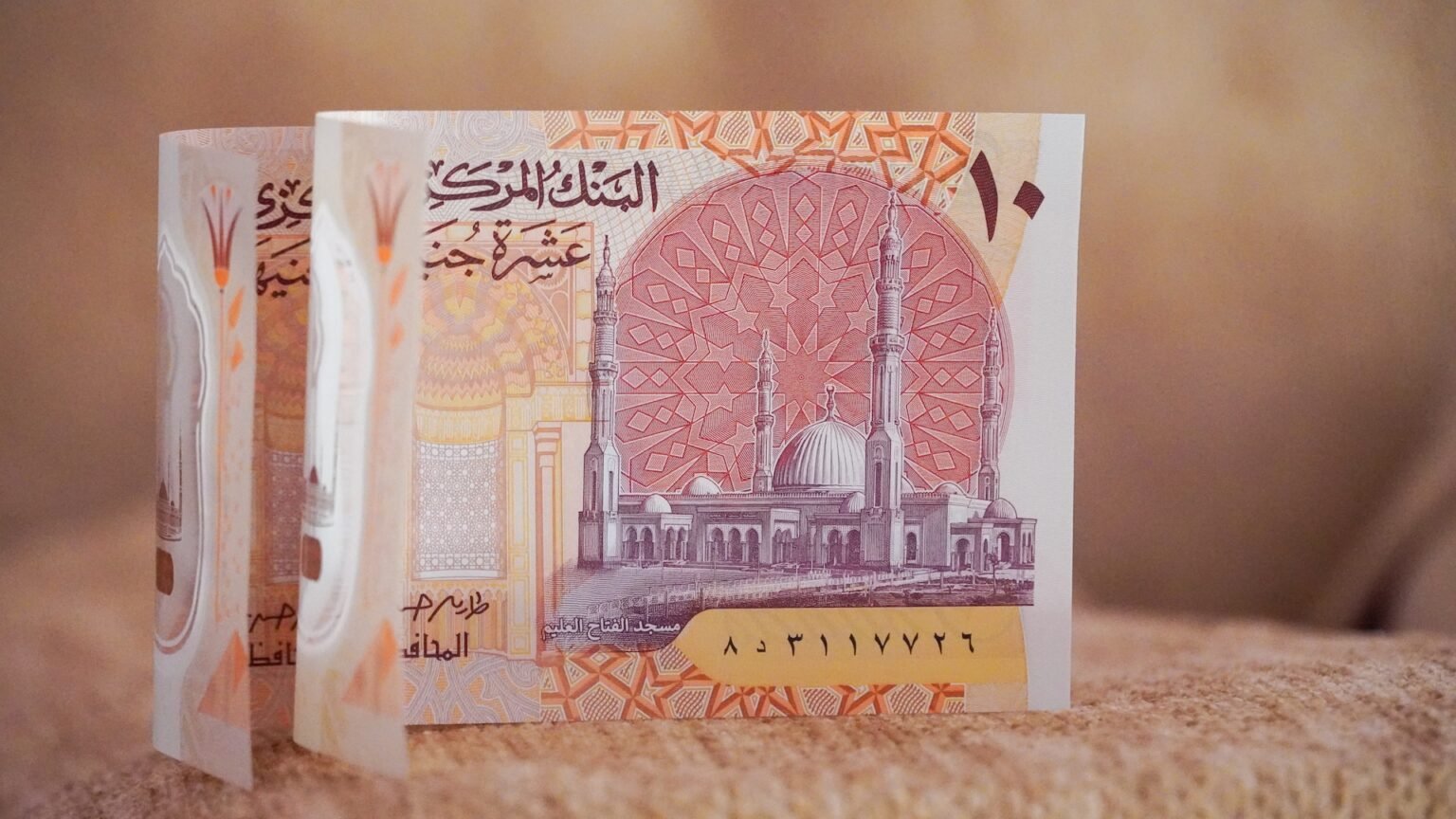The Egyptian pound has plunged almost 20% against the greenback since the start of the year — with some analysts predicting that the currency may still have room to plummet further.
Egypt’s pound currently ranks as the sixth worst performing currency since Jan. 1, extending a decline that saw it lose more than half its value during 2022. The currency was trading at around 30.85 per dollar on Wednesday.
As of the end of March, the Lebanese pound places as the top of the most troubled currencies since the start of the year, depreciating by as much as 70%, followed by the Venezuelan bolivar and the Zimbabwean dollar. Another Middle East currency, the Iranian rial, ranked as the fifth worst.
“These sharp declines are nothing new, as all three [Middle Eastern] currencies are plagued by serious endemic problems,” said Steve Hanke, a professor of applied economics at Johns Hopkins University who monitors troubled currencies, told CNBC.
Egypt’s embattled economy
However, the economic woes plaguing the Middle East’s most populous country means its pound still has a way to plummet, according to the experts.
Egypt’s headline inflation in February hit a more than five year high — skyrocketing 31.9% year-on-year driven by soaring food prices, which have been exacerbated by the war in Ukraine.
Egypt is a top importer of wheat, of which Ukraine and Russia are among its top suppliers.
The reading surpassed expectations of a 26.9% increase from analysts polled by Reuters, and came in higher than January’s figure of 25.8%. The country’s core inflation surged to a record 40.26%.
“The rising inflation trajectory is adding pressure on the Egyptian Pound, which has traded relatively flat since the devaluation in early January despite clear signs of ongoing FX liquidity shortages,” Goldman Sachs’ economist Farouk Soussa wrote in a research report dated Mar. 9.
He expects Egypt’s inflation to peak at around 36% in the third quarter, if there are no more devaluations.
“The risk of further Pound weakness in the immediate term is high, particularly within the context of the first review under the IMF programme,” he said.
The International Monetary Fund last December approved of a $3 billion loan to salvage Egypt’s ailing economy. However, it is contingent on the country’s commitment toward an economic reform over the next four years, and one of the steps toward it is to embrace a flexible exchange rate.
In January, the IMF also forecast Egypt’s financial gap to be a figure of about $17 billion over the next four years. A financial gap refers to how much foreign exchange a country needs to pay off its debts.
Egypt’s central bank recently on Mar. 30 raised its key interest rates by 200 basis points in efforts to tame inflation.
“The Monetary Policy Committee stresses that achieving a tight monetary stance is a necessary condition to attain the CBE’s upcoming inflation targets of 7 percent (± 2 percentage points) on average by 2024 Q4,” it said in a statement, adding that domestic supply chain disruptions had been a key driver of inflation.
However, Goldman’s Soussa is hesitant that the move will result in any substantial easing.
“We think the hike is too small to catalyze significant capital inflows, and thus is unlikely to ease pressure on the pound or alleviate the foreign exchange scarcity issues the economy is facing,” he said in a separate note on Mar. 31.
“Inflation seems likely to only rise further in Egypt in the coming months,” First Abu Dhabi Bank’s Simon Ballard wrote in a report dated Mar. 29.
Ballard, in a separate research report, revised down Egypt’s GDP growth for the fiscal year 2022/2023 from 5.7% to 4.75%. Given the country’s trade deficit and overall declining international reserves since 2020, Ballard added that investors should be prepared for some “further modest downward currency adjustments.”
He also added that he expects the central bank to “prioritize economic growth over defending the pound” during the course of the year.
Angus Blair, CEO of Signet Institute, said that Egypt needs to “really move on with speed to make changes.”
“We need to see greater prudence and watch where capital is being spent on specific infrastructure projects,” he said. “I think there should be a greater eye on that to prioritize better, where that government spending should be … There’s a very inefficient internal market that should be looked at by the government,” he added.
This article was originally published by CNBC.



